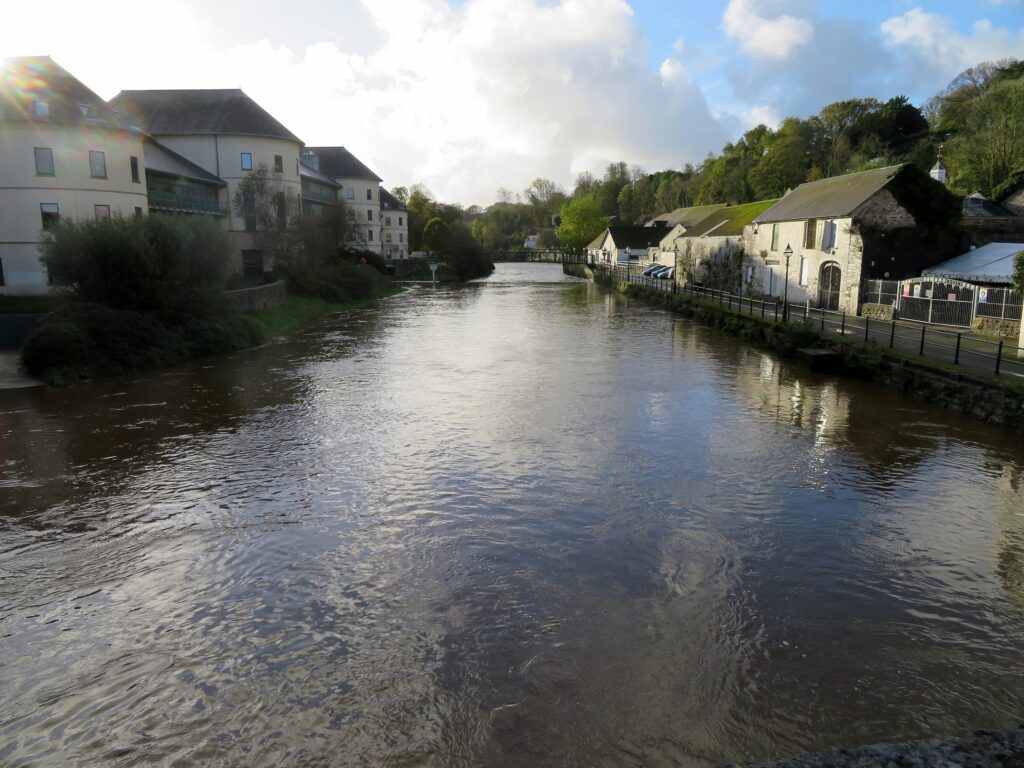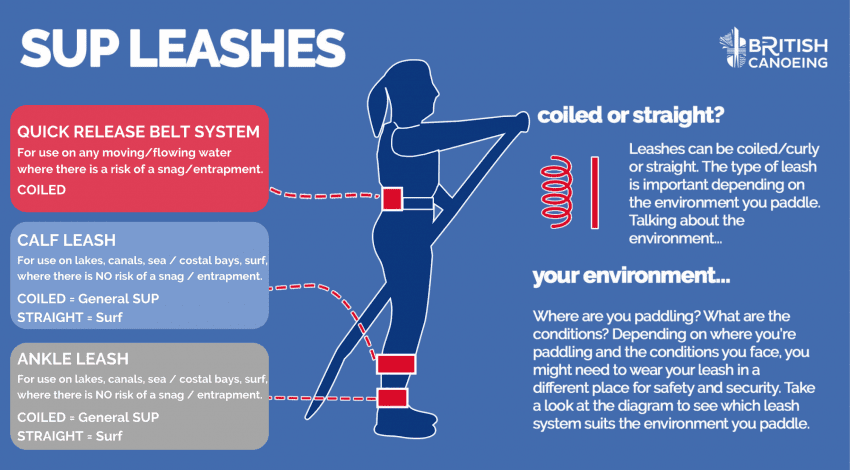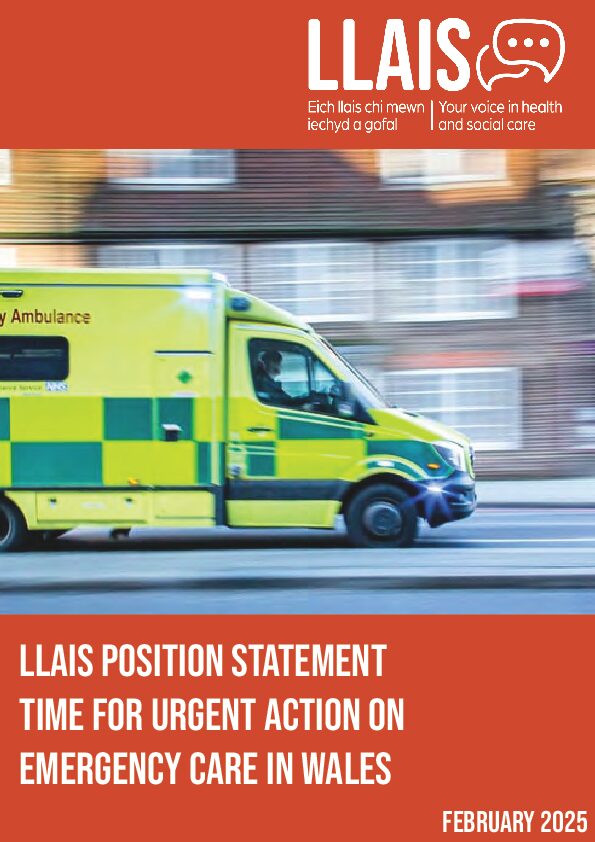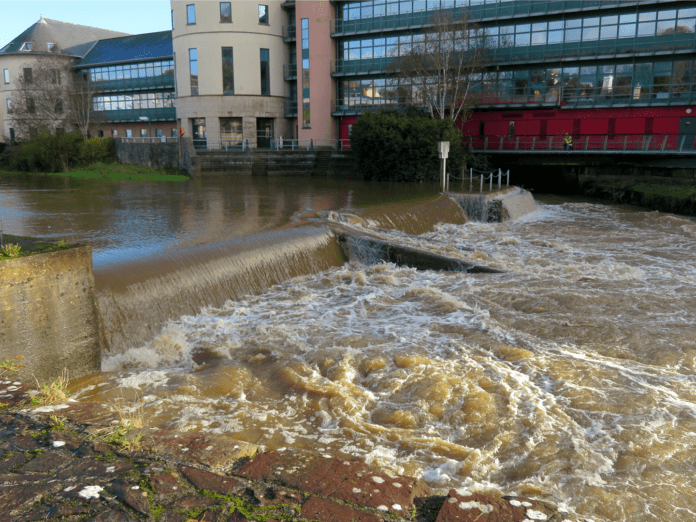
Report on the MAIB investigation into the stand up paddleboarding accident that resulted in four fatalities at the Haverfordwest Town Weir, Wales, on 30 October 2021
At about 0900 on 30 October 2021, a group of nine stand up paddleboarders on a commercial river tour from Haverfordwest to Burton Ferry, Wales, descended Haverfordwest Town Weir. Four of the group became trapped at the weir by the hydraulic towback and subsequently lost their lives.

The key safety issues identified were:
- The leaders’ planning and preparation for the tour was inadequate and overlooked the extreme hazard posed by the weir.
- Signage at the launch point and on the river did not adequately alert participants to the risk of descending the weir.
- Clothing, buoyancy aid and leash wearing by participants did not follow recognised guidance.
- The leaders did not have the training, experience or qualifications to lead the tour.
- UK stand up paddleboarding safety messaging and training governance is inconsistent and there was no means for the participants to judge the proficiency of training and tour providers.
Safety recommendations have been made to:
Dŵr Cymru Welsh Water to:
In conjunction with Pembrokeshire County Council, Milford Haven Port Authority and other stakeholders as appropriate, conduct an immediate risk assessment of the hazard posed to river users by Haverfordwest Town Weir, and to implement control measures as appropriate to mitigate that risk. Such measures could include, inter alia, riverside signage, warning marker buoys and, if deemed necessary, physical barriers

UK national sports councils to:
Continue their review of the governance of stand up paddleboarding in the UK and urgently ensure that the recognised national governing body(ies) have the resource, support and expertise to issue advice and guidance, including appropriate training standards to control risk to those who take part in this fast-growing sport. This should include the publishing of safety standards, a national governing body guide to good practice and other guidance as appropriate to participants and those operating SUP activities.
Review and develop as necessary its minimum criteria for recognition as a national governing body, to include monitoring, coaching and leadership qualifications and safety guidance.
Develop and publish a national governing body guide to good practice in sport safety.
Andrew Moll, OBE, Chief Inspector of Marine Accidents, said:
“This was a tragic and avoidable accident that had a profound effect on the participants and the families of those that lost their lives.
“Stand up paddleboarding is probably the fastest growing UK water sport, with participation in recent years growing by nearly 300%. However, like all water sports, those that buy or rent a paddleboard need to understand the risks.

“First, if you are stand up paddleboarding wear the right equipment. Always wear a buoyancy aid and, in moving water, wear a quick release waist leash so you can separate yourself from your paddleboard if it becomes trapped.
“Second, remember that in certain conditions weirs can develop treacherous hydraulic towbacks that can trap and drown you. Authorities responsible for weirs should ensure they have assessed the risks to the public and have implemented appropriate control measures such as signage, railings, warning buoys or even barriers to keep the public safe.
“Third, looking to the future, it is critical that the governance of this fast-growing sport improves so the public receive clear, consistent safety advice and are able to recognise businesses that are competent to deliver training, tours and expeditions.”
Help keep news FREE for our readers
Supporting your local community newspaper/online news outlet is crucial now more than ever. If you believe in independent journalism, then consider making a valuable contribution by making a one-time or monthly donation. We operate in rural areas where providing unbiased news can be challenging. Read More About Supporting The West Wales Chronicle
























